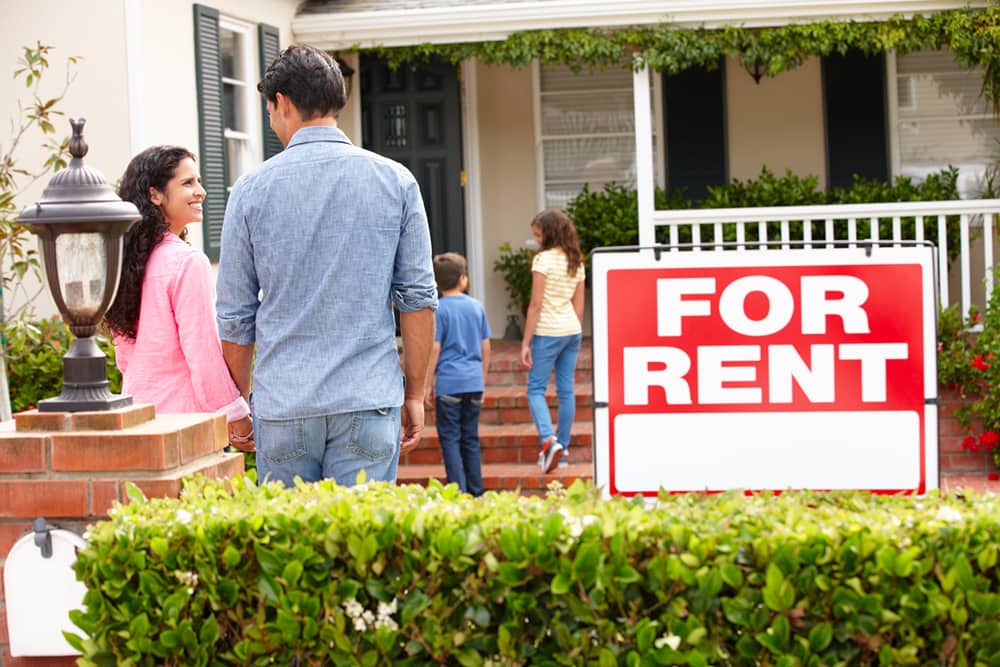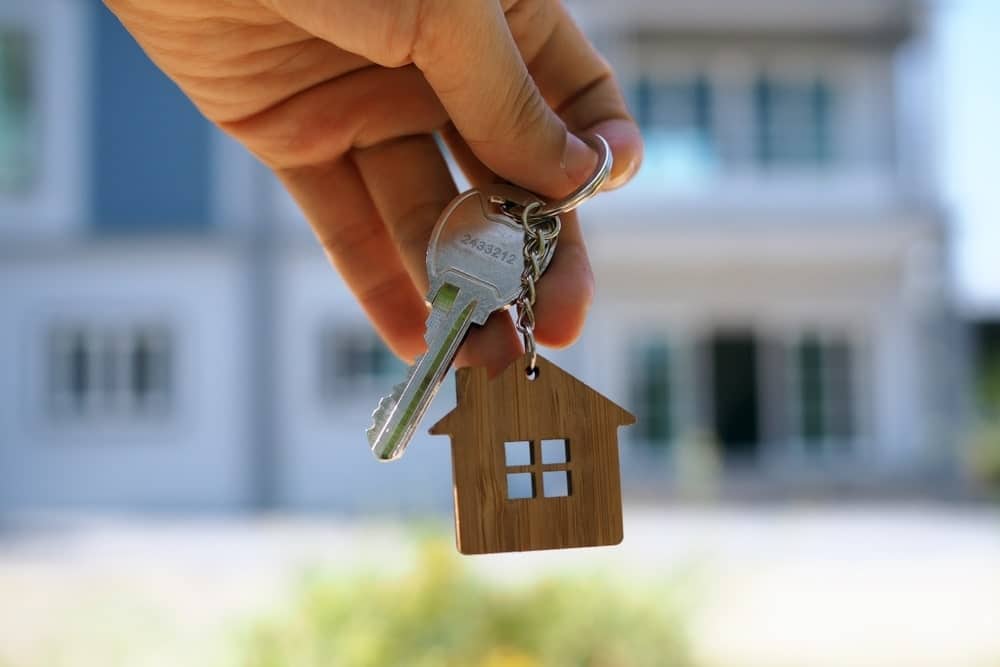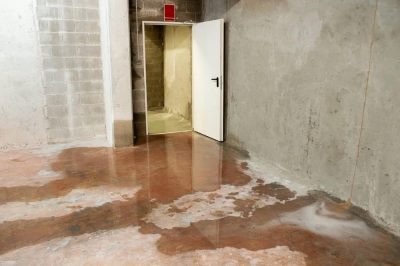Renting out a house for the first time can be both exciting and overwhelming. Being a landlord is a manner of upkeep and gathering profits from providing a tenant or renter a living space. But the job of the landlord itself is a real challenge. If you’re new to the landlord business, then you are the ideal reader of this post as we cover how to maximize profits, hazards to avoid when renting out a space, and the best practices to employ.
Become a Legal Expert on Housing Laws
While you don’t have to memorize law books, you should be at least familiar with the basic housing laws for landlords. These laws range from general practices like how a landlord can’t discriminate against renters based on factors such as race and religion to legal ones such as landlord’s liability when someone is injured on their property due to negligence. There are also regulations regarding the notice period you must give a tenant when selling a house, as well as rules for setting rent and handling evictions. These laws exist on both a federal and state level, so it helps to do research on your specific area beforehand. At the same time, there are also lawyers who specialize in housing legal manners and can clue you in directly. Overall, you want the house to be up to code and your rent to be enforceable according to law.
Market Your Property or House Attractively
Well-kept property with a good reputation will attract more tenants. Before offering your rental home for rent, clean and paint it to make it more appealing in the competitive rental market. Better the look of your house by improving its appearance. Consider decorating your home for future renters to make it more attractive. Larger projects like kitchen tiling, floor sanding and refinishing, or major construction tasks such as building a shed are examples of valuable DIY projects. When renting out a house for the first time, remember to present it properly to attract the tenant you want.

Have Renters Screened
Choosing the appropriate renters may make your property a lot more pleasant. For instance, a person who is not a good renter might cause damage or pay late fees on time. The primary consequence of this will be a substantial reduction in your income. As a result, while renting an apartment is concerned, you should do a lot of research.
Inquire about their employment and why they are moving. You’ll be able to understand a potential tenant’s past behavior by running background checks. Make a list of the questions you’d want to ask any prospective tenant. It’s also a good idea to obtain references from previous landlords before beginning tenant screening.
Set Your Rental Rates Accordingly
You should price the rental correctly. You should not let your feelings about the value of a rental property influence your pricing. If you overvalue your property, it might sit empty for extended periods of time. Look up the market value of your home using rental comps to get started. To get where you want to be renting out a house for the first time, you should price your house right
Have The Lease Ready
The most essential thing to remember when renting anything is the lease agreement. A lease agreement is a formal contract between the landlord and tenant that details the specific terms of the rental and is signed by both parties. Both parties are required to adhere to specific terms and conditions outlined in the rental agreement. It covers who is responsible for maintaining the property, living space rules, the length of their lease, and so on.
The lease agreement will provide legal protection in the case of a conflict with the tenant. Resolving difficulties with your tenant without a formal lease agreement is difficult. If you’re leasing a home for the first time, you should get professional legal advice to ensure that the agreement is binding.
Be a Smart Bookkeeper
When investors first rent out a property, they neglect to keep track of their finances and thus fail to maintain an accurate account of expenses and income. If you don’t have enough paperwork and proof, it’s difficult to assess the effectiveness of your rentals. Maintain a diary of all your expenses and payments to keep the current status of your home rentals.
Make an Inventory
When you’re ready to lease a home, taking the time to show it to interested tenants is essential. The inventory record, which includes both renters and attests that the house was in good working order when they moved in, provides backup for any claims of damage made during their stay at the rental property.
Prioritize Rent
The profit you make as a landlord is based on your rental income. As a result, you must be firm when collecting late payments. It’s not unusual for tenants to have problems with their housing.
When this happens, it becomes the responsibility of the tenant to inform you as soon as possible so that you can provide them with extra alternatives.
Always Collect Security Deposits
A security deposit is used to guarantee that the rent is paid and obligations are met, such as avoiding or repairing damage to the rental property, according to the lease agreement. The security deposit will be deducted if the tenant damages the property or fails to pay rent. You’ll have no concerns about your property being in good shape once it has been acquired. Double-check to ensure that you’re aware of your local rules on security deposits.

Keep a Reserve Fund
It is also important to have a cash reserve in place to pay for property upkeep, especially as your first-time landlord. The entire anticipated and urgent maintenance costs should be covered by the reserve fund. It’s critical that you fix your property as soon as possible to avoid bigger problems later on or inconvenience for your tenants.
Never Over-Capitalize
As a real estate investor, you must not squander your money on unneeded improvements. As a landlord, you should make modifications to improve the return on your investment dollars. Enhancements can increase the monthly or yearly cost of a rental investment property.
Have a Good Staff or Team
When it comes to renting your property, you’ll want a team in place. Before making judgments, seek a skilled property manager, broker, and accountant that has worked with real estate investors before. A competent team of professionals may be able to assist you in increasing the value of your company by providing professional guidance and investment recommendations. Renting out a house may seem daunting, but it is easy to do with the right rental property management tools.
Have Insurance Coverage
Although landlord insurance isn’t required by law, it is a smart thing to purchase it because of the hazards you might face like missed rents, damage, and legal fees. Most home insurance policies cover the structure itself and owned property inside. It’s critical to have the proper insurance to safeguard you and your belongings. If you have the right insurance, you can be certain that your valuables will be well protected. You’ll need coverage that protects not only your valuables but also your tenants and the rest of your investment.
Always be There For Your Tenants
When a dispute between a landlord and tenant is not resolved to their satisfaction, the connection between them is almost certainly damaged. Make sure that any concerns your tenants have are addressed as soon as possible so they know you’re reliable.








